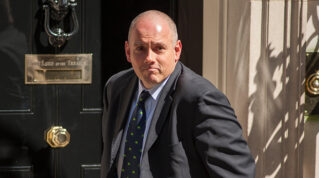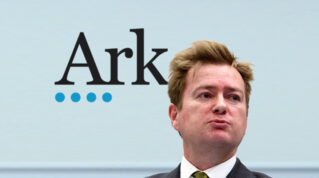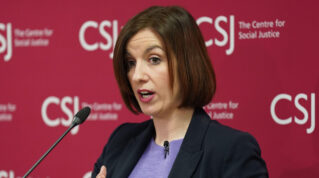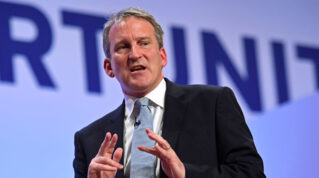The government should appoint a “chief education officer” to advise ministers on schools policy in the same way Professor Sir Chris Whitty does for health, a new report has said.
The Foundation for Education Development (FED) also called for an independent “national council for education” to “oversee the development and implementation of a long-term plan” for the sector.
The foundation holds regular consultations across education, advocating for a 10-year plan to end piecemeal and short-term policymaking.
In its latest consultation report, the organisation said ministers should hire a chief education officer, “who would be an expert in the field, akin to the chief medical officer or chief scientific officer”.
They would be the most senior government adviser on education, and would “ensure that policies and plans are given the attention and priority they deserve”.
They could also “help provide continuity and stability in the education system”.
The chief medial officer is externally recruited, but becomes a member of the senior civil service equivalent to permanent secretary level.
They have three main responsibilities: providing independent advice on public health, recommending policy changes and acting as a go-between for government and professionals.
They also produce an annual report on the state of public health.
New role ‘could build public trust’
The FED report said: “A dedicated, consistent appointee who provides guidance and oversight to education planning and policy development would ensure that long-term plans are not derailed by political shifts.
“This could help build trust with the public, who would have greater confidence that plans are being developed and implemented in a thoughtful, consistent manner.”

The new national council would then be responsible for advising ministers “on all key policy and implementation issues, including which should be delegated by ministers to regional or local level, and for conducting formal review cycles to monitor and evaluate essential aspects of the system”.
Such a body would offer a “framework to inform annual planning and budget setting, and a structure for organising national educational initiatives and policies”.
It would consist of leaders in education and beyond. Members “would not represent specific education interest groups but ideally would reflect broader experience in public and civil service, education, business, science, arts and culture”.
The report also recommended a “forum for widespread stakeholder involvement and input, akin to the NHS Assembly, to help drive ongoing dialogue about our education system and how to improve it”.
Carl Ward, the foundation’s chair, said it was time to stop “tinkering around the edges making incremental changes that don’t make a jot of difference on the big issues and start thinking about what we want the next evolution of our education system to look like”.









Your thoughts